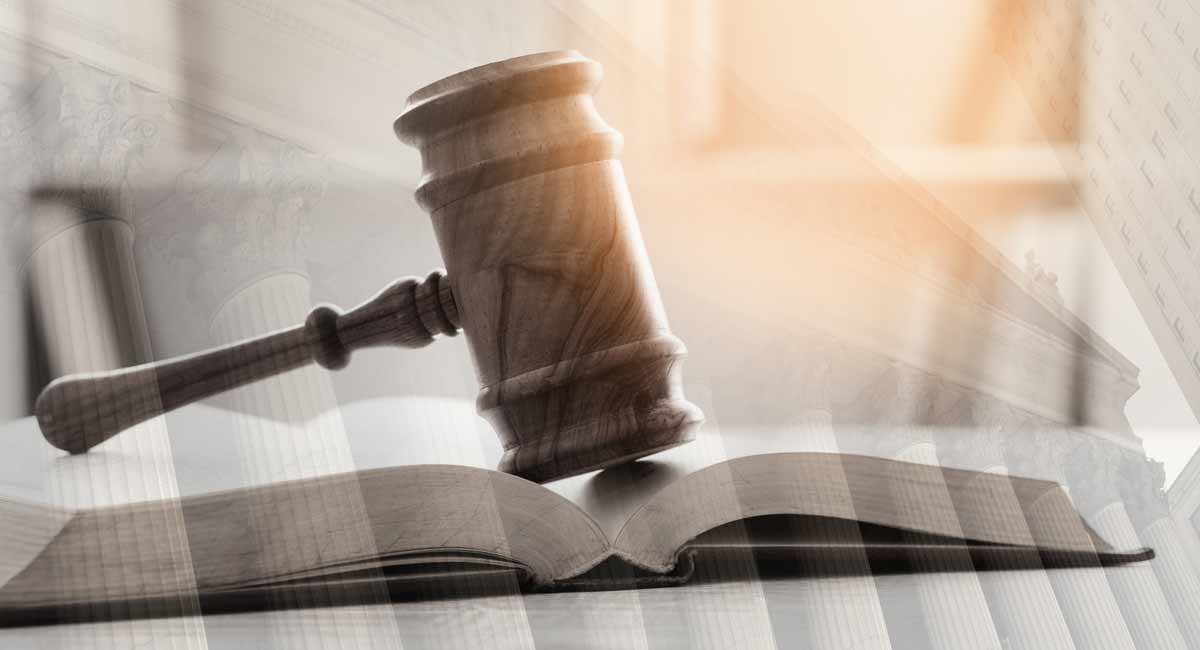On April 7th, the Fifth U.S. Circuit Court of Appeals vacated a lower court order to halt Governor Greg Abbott’s restrictions on Texas abortion facilities. Abbott, along with the governors of Ohio, Iowa, Oklahoma, and Alabama, have imposed statewide restrictions on nonessential activities, which include abortions, in order to stop the spread of the coronavirus.
Abortion advocates believe these restrictions place an undue burden on the constitutional right to abortion. Planned Parenthood, the American Civil Liberties Union, and other pro-abortion organizations have filed suit in numerous states and federal courts seeking to enjoin these statewide restrictions.
Federal District Court Judge Lee Yeakel originally sided with these groups, granting a temporary restraining order, enjoining the State of Texas from enforcing its restriction. In his ruling, Yeakel insisted that the Supreme Court, in its abortion rights jurisprudence, did not make an exception permitting states the ability to restrict abortion during a national emergency.
The Fifth Circuit panel disagreed, calling Yeakel’s reasoning “backwards.” Applying the 1905 Supreme Court case of Jacobson v. Commonwealth of Massachusetts, the court reasoned that “[U]nder the pressure of great dangers,” constitutional rights may be infringed in the name of public safety. Thus, the right to peaceably assemble, to worship, or to travel, and indeed “the right to abortion” may each be reasonably restricted in the event of a great danger affecting public safety.
READ: World Health Organization: Abortion is ‘essential’ during coronavirus pandemic
Americans in every state have felt the burden of these statewide orders, which have placed restrictions on their travel, their ability to attend public worship, and their right to peaceful assembly. Ironically, in states that have not deemed abortion “nonessential,” sidewalk counselors are being cited, and even arrested for peacefully praying outside abortion facilities – a direct violation of the First and Fourteenth Amendment right to public assembly and worship, and a form of viewpoint discrimination.
Christians closed out Lent, and now enter Holy Week without public worship. Jewish communities face the dilemma of whether to observe Shabbat and Passover via electronic video conferencing, which Orthodox communities consider a violation of Jewish custom.
The constitutional “right to abortion” — albeit a ludicrous invention of the Supreme Court, alleged to have emanated from a penumbra — cannot be of greater value than the freedoms enshrined in the First Amendment. Each of these rights has been suspended in furtherance of social-distancing policies, preventing people from coming into close contact unless an “essential” activity is involved.
Yet, unlike these First Amendment rights, the abortion industry’s use of personal protective equipment during a time of scarcity also poses a distinct and direct burden on the public health crisis states are attempting to avert.
When it becomes clear that their legal argument fails, the abortion industry plays a shell game, pivoting from defending abortion as a constitutional right to calling abortion a “time-sensitive, medical procedure.” Elective medical procedures, and even cancer screenings, organ transplants, and breast cancer surgeries have been put on hold around the country. These are deemed nonessential. Are abortions really more essential than these lifesaving surgeries?
In fact, the Texas order does not apply to abortions supposedly required to protect the life or health of the mother. But the abortion industry knows these so-called medically neccessary abortions are a myth. Pregnant women who face life threatening emergencies or ectopic pregnancies can still seek medical attention in Texas, and in every other state — usually at a hospital. Such emergencies certainly call for “essential” medical attention. But essential medical care is not something that abortion businesses provide. As the video below clearly shows, abortion is not health care, because abortion is killing:
The Fifth Circuit’s ruling calls foul on the abortion industry’s shell game, and now sets the stage for a potential Supreme Court challenge, where the following questions can be raised: 1) Is abortion really an “essential” medical procedure, more urgently required than organ transplants? 2) Is the constitutional “right to abortion” more sacred than the First Amendment, religious freedom, and the right to peaceful assembly?
“Like” Live Action News on Facebook for more pro-life news and commentary!







